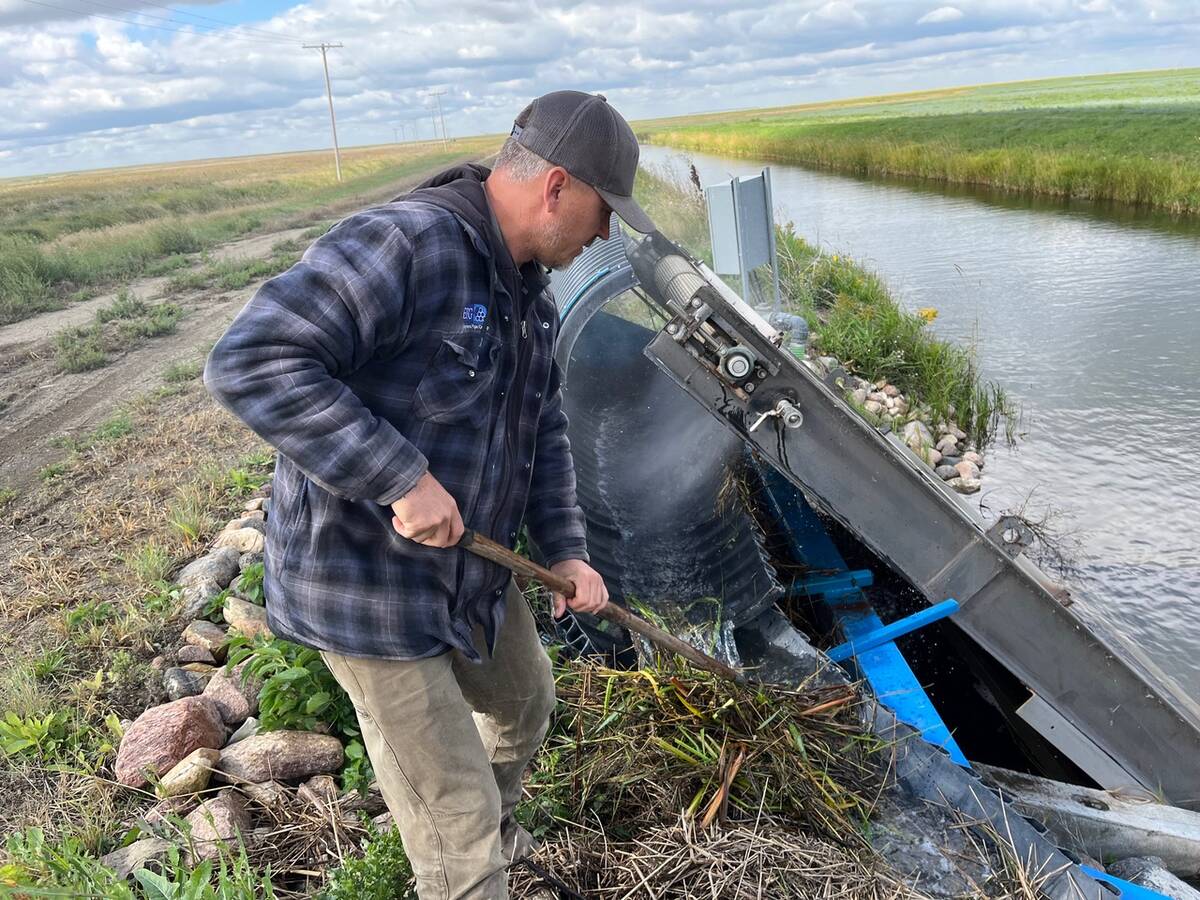WINNIPEG – The Canadian Grain Commission is keeping a close eye on a Nisku, Alta. canola crusher after farmers complained they were not paid for oilseeds they sold to the company.
A spokesperson for the commission said it has not called Canola Industries Canada Inc.’s bond to pay farmers because the troubled crusher entered into a new agreement last week that may get straighten out its finances.
All companies that buy grain directly from farmers post a security with the commission used to cover purchases in case of business failure.
Read Also

Saskatchewan farmer uses tile drainage to manage water
The integration of both irrigation and tile drainage results in higher yields, water efficiency, improved soils and less nutrient runoff, says one producer.
“It appears CIC will be able to put together a plan to pay producers so there is no need to use the security,” said Paul Graham of the commission.
Bond not called
Graham said he could not reveal how many farmers are waiting for payments and how much they’re owed unless the bond is called.
The plan to put CIC back on track involves an agreement with Ontario agribusiness owner Helmut Sieber, who owns the Canadian Agra group of international food processing companies headquartered in Kincardine, Ont.
The company made headlines a year ago when it announced it would build a $55 million crushing plant by 1997 in Ste. Agathe, Man. Its long-term plans there call for a complex including alfalfa pellet and ethanol plants, a grain elevator and a feed mill.
Sieber tried to buy CIC earlier this year, but the deal collapsed.
Lorne Hepworth, president of Canadian Agra International Corp., said the company is looking forward to what amounts to an expansion in Western Canada.
“Through the medium and long term, we’re very bullish on the canola oil business and that whole value-added agriculture sector,” he said in an interview.
When asked about CIC’s current problems, Hepworth referred questions to CIC president Tony Cabral. Cabral did not return calls.
But Hepworth said farmers who sell canola to the plant should be happy about the agreement.
“The deal just generally is very positive because I think it provides some certainty in terms of the future and the market for (farmers),” he said, adding his company sees farmers as partners.
















